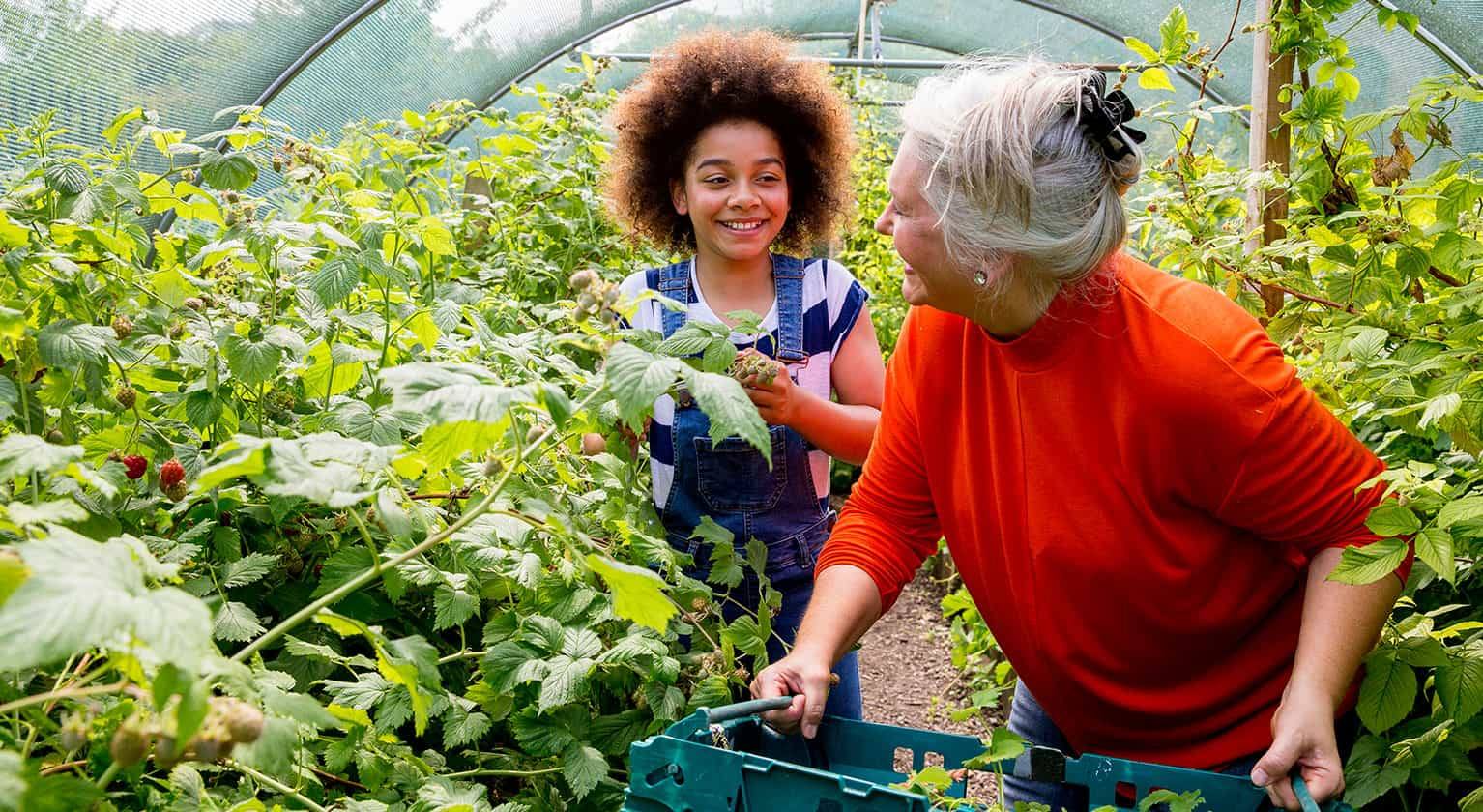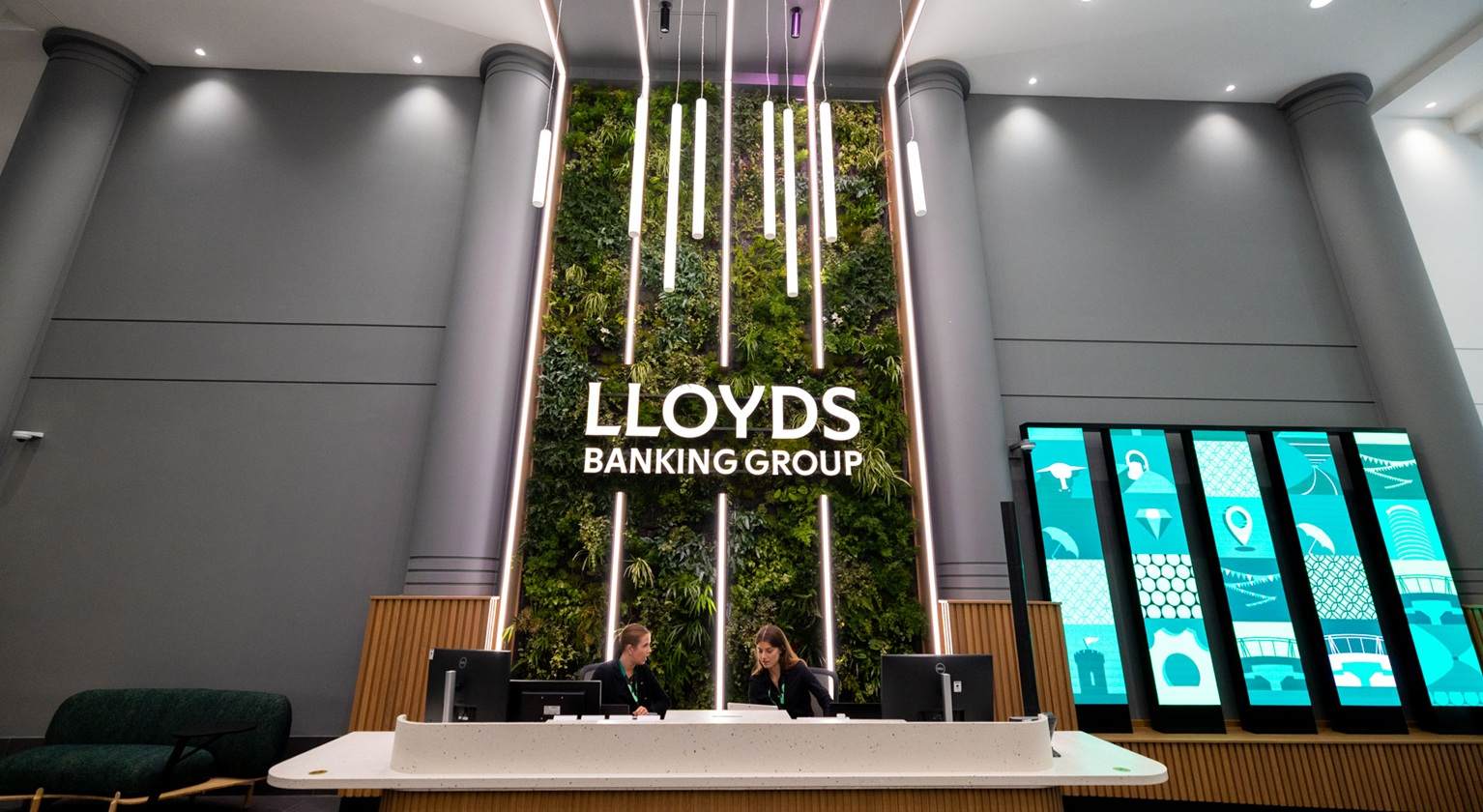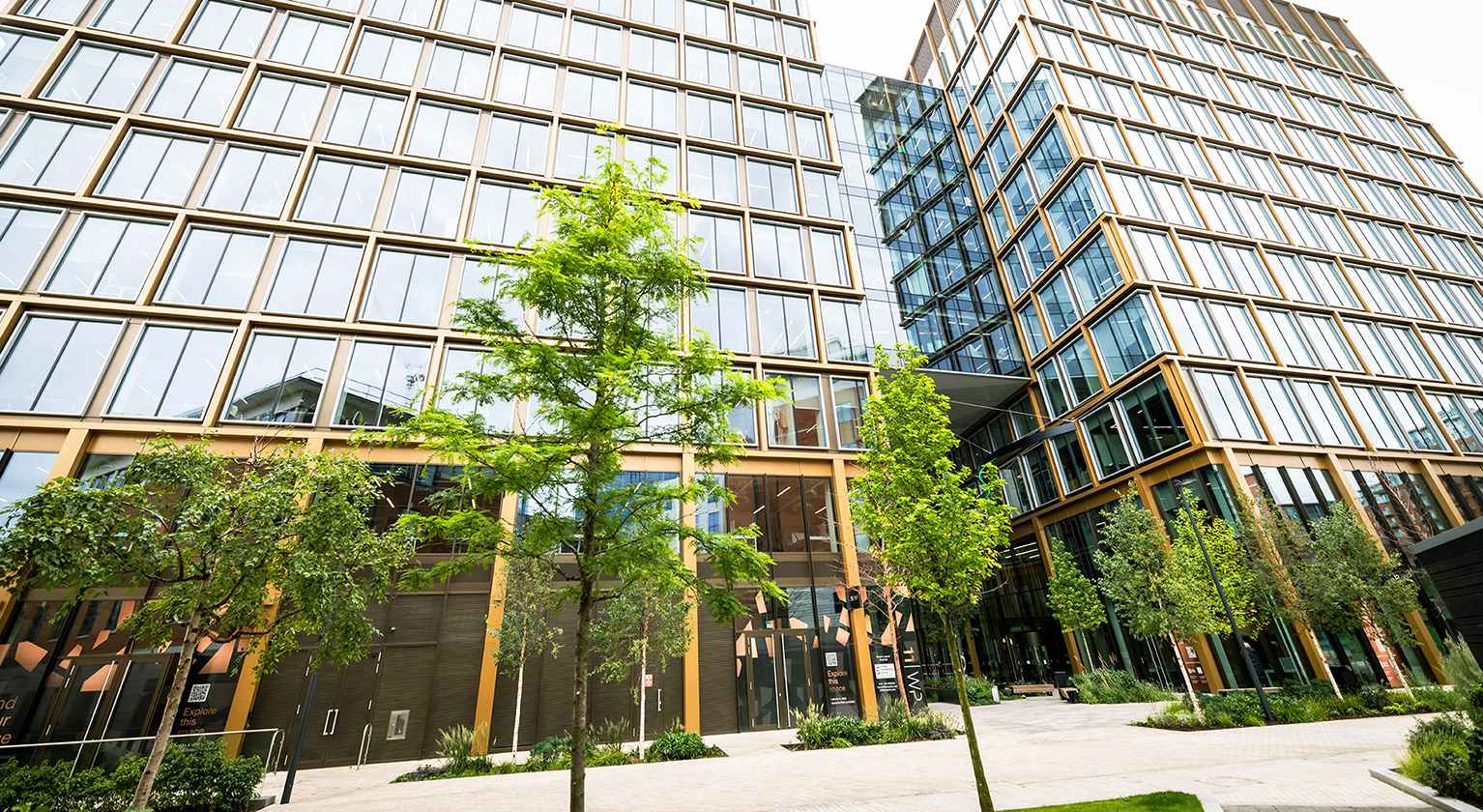And energy efficiency should be a consideration throughout a home’s lifecycle. It’s our view that the government should incentivise green improvements as part of the home-buying process. More than a third (34%) of homeowners say more rewards, such as a discount on stamp duty, could encourage them to make their homes more efficient.
New sustainable homes
It’s not just old homes that need attention. As one of the largest funders of the UK housebuilding sector, we also need to make sure new homes are fit for a sustainable future. That means ensuring a consistency of standards across the industry for more sustainable homes as well as providing finance to help housebuilders meet these standards.
That’s why we’ve developed tools exclusively for housebuilders. The first – our Green Buildings Tool – is an interactive digital tool to help identify energy-efficient investments in buildings. And our Sustainability Finance Framework helps housebuilders access finance to build more sustainable homes. We’re also part of the Executive Committee of NextGeneration, to help drive the uptake of sustainability standards for new build homes in the UK, supporting housebuilders of all sizes.
Developing green skills
But not all our efforts should focus on the demand side. Although green technology is available, the supporting infrastructure isn’t. Take heat pumps - they’re a great way to keep energy bills down but as a nation we’re lacking the skills needed to install them.
Of those homeowners who have looked into improving the energy efficiency of their homes, only one in five (22%) were able to find tradespeople with the right skills. That’s why we’re also asking the UK Government to implement changes to the apprenticeship levy, to enable businesses to spend more funds on training and re-skilling.
Finally, we think it would be a missed opportunity to ignore the pivotal role that employers could play in helping drive the nation’s energy efficiency initiative. In 2023, there were approximately 33 million people employed in the UK2. We encourage the UK Government to introduce tax breaks to incentivise employers to support their employees with taking these measures in their homes.













